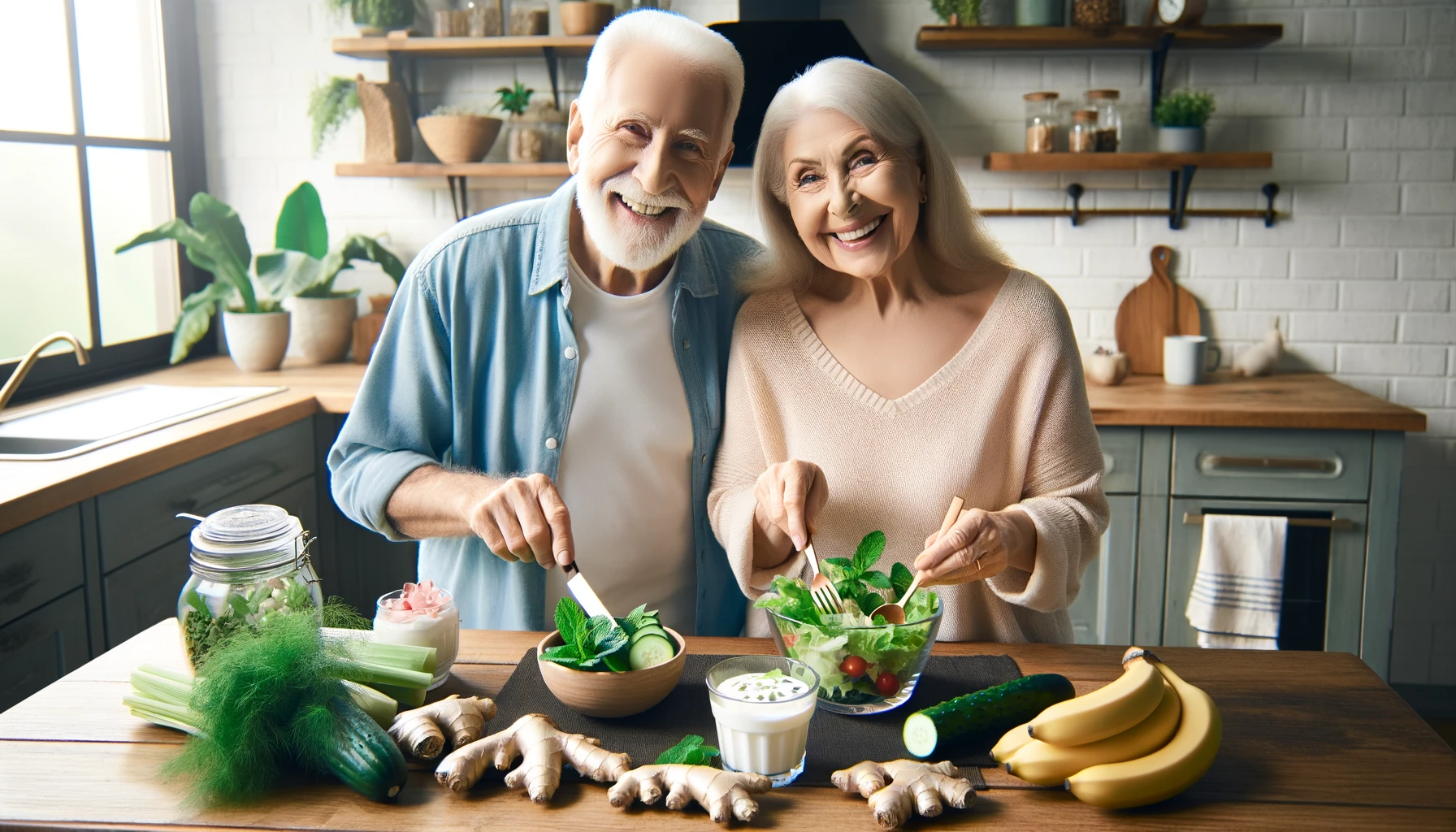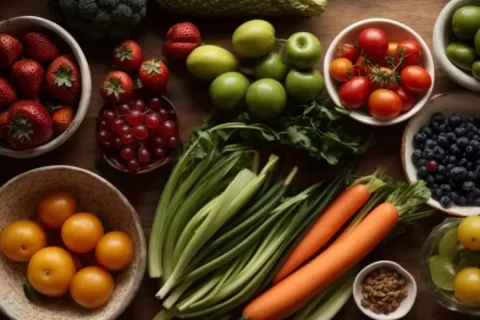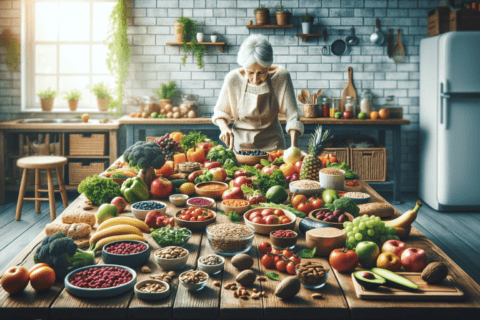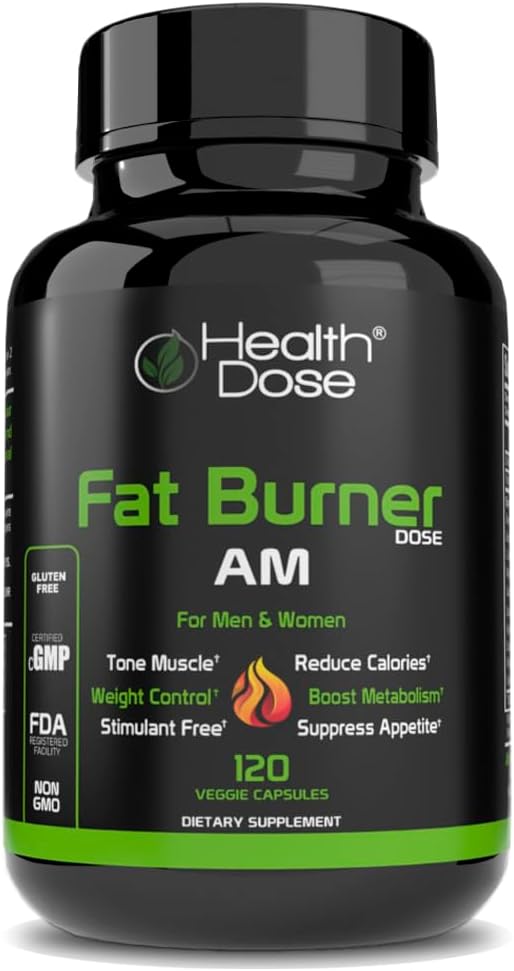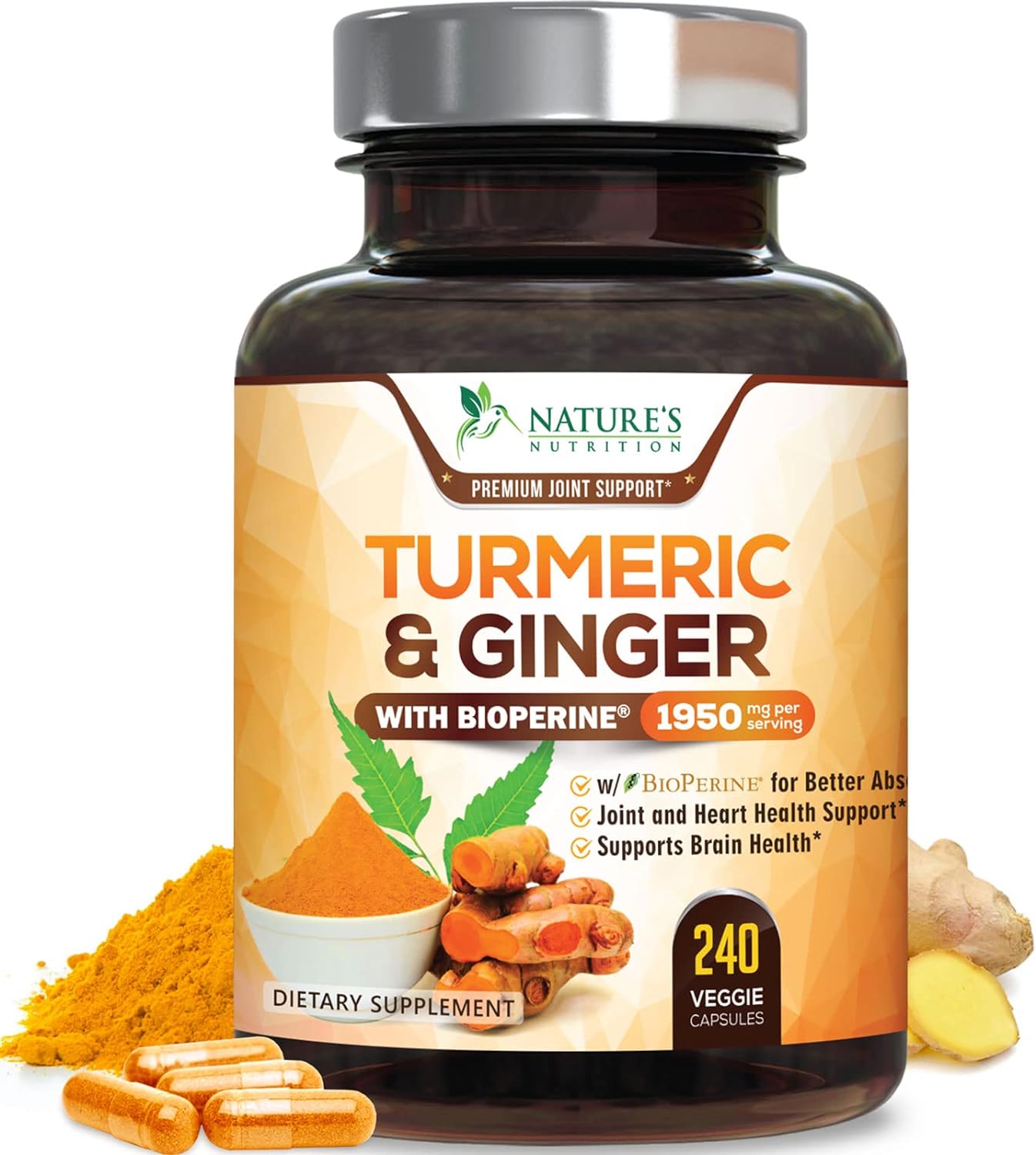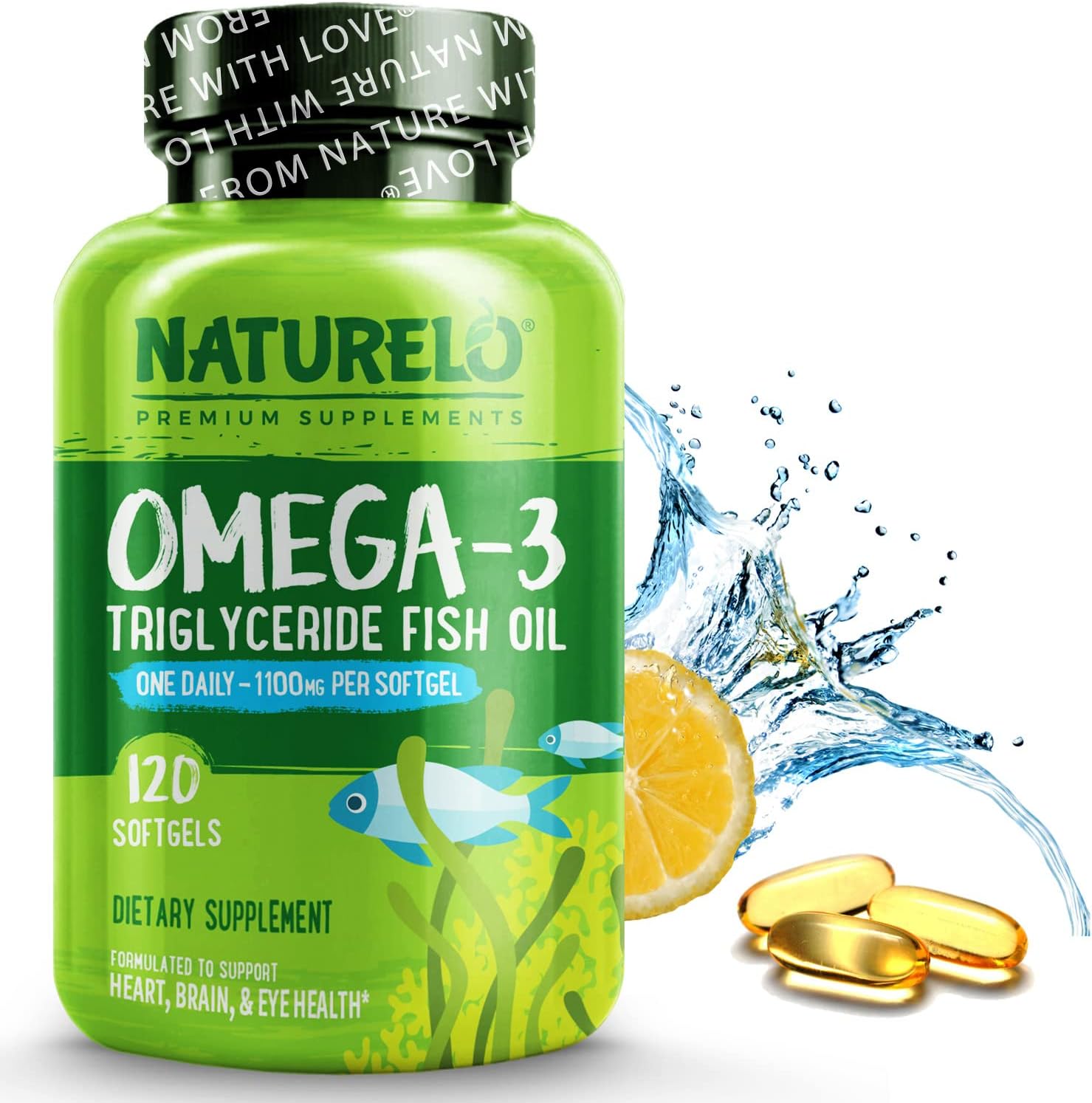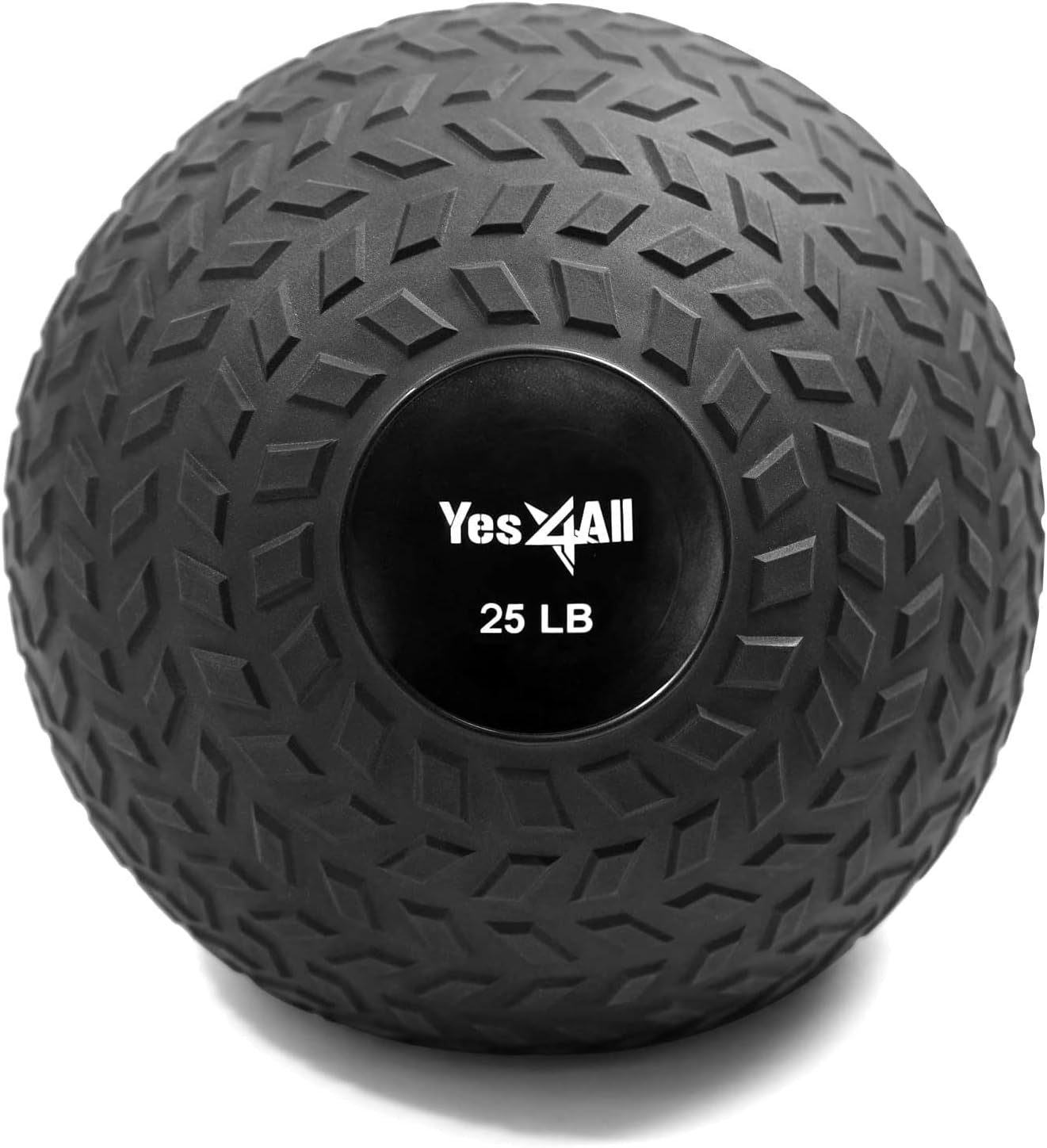For decades, the term bloating has rolled off the tongues of seniors like a lamentation. The discomfort, the unease, and the frustration associated with an overly gaseous midsection can significantly inhibit the joys of aging gracefully. However, bloating doesn’t have to be an inevitable part of the senior experience. With the right knowledge and food choices, seniors can enjoy a life free from that inflated feeling that so often plagues us.
Understanding Bloating in Seniors
What is Bloating?

Bloating refers to a feeling of pressure or swelling in the abdomen due to excess gas production or disturbances in the digestive process. Common symptoms include gas, abdominal pain, and a sense of fullness.
Why is Bloating Common in Seniors?
As we age, several factors increase the likelihood of experiencing bloating. A slower digestive system can lead to gas build-up, as can certain side effects of medications commonly prescribed to seniors. Additionally, decreased physical activity can further slow the digestive process.
Causes of Bloating in Seniors
Slowed Digestion:
Older adults naturally experience a reduction in the efficiency of their digestion due to reduced stomach acid production and decreased muscle contractions, both of which contribute to slower emptying of the stomach.
Medication Side Effects:
Prescription drugs for various age-associated conditions might have bloating among their side effects, especially those affecting the gastrointestinal system, such as antacids and painkillers.
Decreased Physical Activity:
Less movement means slower moving bowels, which can lead to constipation and bloating.
How Diet Influences Bloating
The Role of Fiber:
A diet high in fiber is often hailed for its benefits to the digestive system. However, for some seniors, a sudden increase in fiber can lead to bloating due to the body’s need to adjust to the change.
Fluid Intake:
Dehydration can slow down digestion, leading to the fermentation of foods in the gut and the production of excess gas. Conversely, overhydration can also cause bloating by diluting stomach acids necessary for digestion.
Meal Sizes:
Larger meals require more digestive effort and can lead to the production of more gas. Opting for smaller, more frequent meals can help prevent bloating.
Best Foods to Prevent Bloating
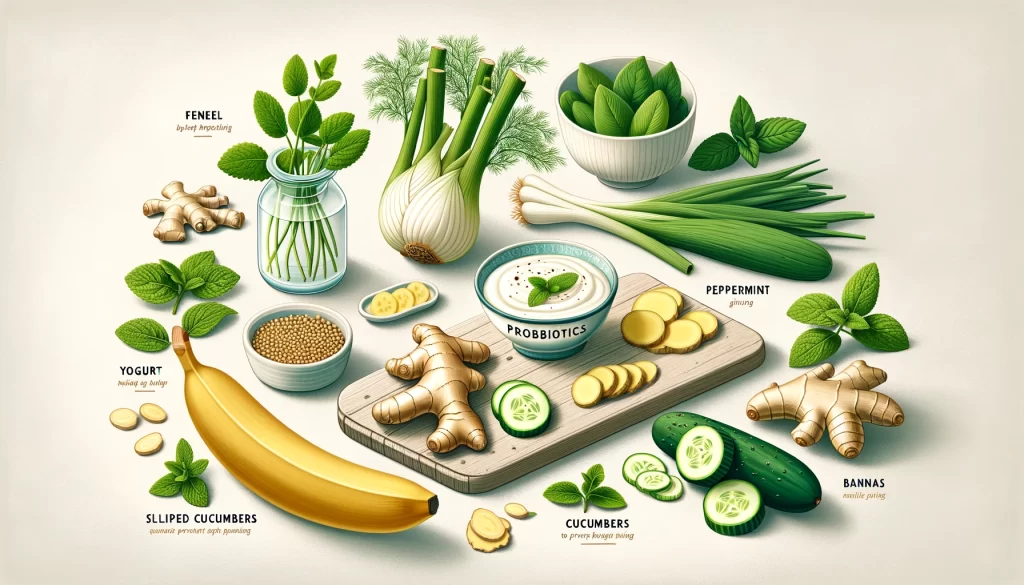
Fennel:
This aromatic plant has long been used to aid digestion. It contains compounds that relax the digestive tract, reducing spasms, and its antimicrobial properties can help fight off bacterial overgrowth.
Ginger:
Ginger is a versatile spice known for its anti-inflammatory properties. It can alleviate a wide range of digestive discomforts, including bloating and gas.
Peppermint:
Peppermint oil has been shown to have a significant impact on reducing abdominal bloating, likely due to its ability to relax the muscles of the GI tract.
Yogurt with Probiotics:
Probiotics found in certain yogurts can help to replenish the gut with healthy bacteria, which can improve digestion and reduce bloating.
Cucumbers:
Cucumbers are a diet staple for more reasons than their low-calorie content. Due to their high water and fiber content, they can help to flush the digestive system and reduce gas.
Bananas:
High in potassium, bananas can help to regulate fluid balance in the body. They also contain prebiotics, which promote the growth of healthy gut bacteria.
Foods and Habits Seniors Should Avoid
Foods That Exacerbate Bloating
| Carbonated Drinks: | Drinks like soda are a double whammy – not only are they often high in sugar, but the carbonation can lead to the build-up of air in the body, which results in bloating. |
| High Sodium Foods: | Excessive salt intake can cause the body to retain water, leading to puffiness and bloating, especially for those with conditions like heart failure or kidney disease. |
| Legumes and Certain Vegetables: | While nutritious, foods like beans, lentils, and cabbage can produce more gas during digestion, leading to bloating. |
| Artificial Sweeteners: | Many sugar substitutes, particularly those ending in -ol, are poorly digested by the body and can ferment in the gut, leading to gas and bloating. |
Lifestyle Factors That Contribute to Bloating
Lack of Physical Activity:
Regular exercise can help keep the digestive system in good working order by promoting the movement of food through the digestive tract.
Eating Habits:
Chewing food thoroughly is the first step in digestion, and eating too quickly can mean more air is swallowed along with the food, leading to more gas.
Practical Dietary Swaps and Tips
Simple Swaps for Common Bloating-Inducing Foods
| For Carbonated Beverages: | Swap soda for herbal teas or infused water. These alternatives not only hydrate but can also offer digestive support. |
| For High Sodium Snacks: | Instead of reaching for a bag of chips, snack on unsalted nuts or seeds, or enjoy a piece of fresh fruit with a sprinkle of cinnamon for sweetness. |
| For Gassy Vegetables: | In place of gas-producing veggies, consider more easily digestible options like spinach, zucchini, or sweet potatoes. |
| For Artificial Sweeteners: | Choose natural sweeteners such as honey or maple syrup. While still sugar, they are easier on the digestive system and come with additional health benefits. |
Tips for Meal Planning and Preparation to Minimize Bloating
Incorporate Fermented Foods:
Fermented foods like sauerkraut or kimchi can be a tasty way to add probiotics to your diet, supporting a healthy gut.
Cook Legumes Thoroughly:
Ensure beans and lentils are well-cooked to make them easier to digest and less likely to cause gas.
Be Mindful of Portion Sizes:
Serve smaller portion sizes, allowing for seconds if needed, to prevent overeating and the subsequent bloating.
FAQs
What Are the Best Natural Remedies for Bloating?
Aside from dietary changes, natural remedies for bloating can include herbal teas, digestive bitters, and gentle massages to stimulate the bowels.
How Often Should a Senior Adjust Their Diet to Avoid Bloating?
Making small adjustments to one’s diet on a regular basis can be more effective and sustainable than making large overhauls less frequently. Weekly evaluations of your meals, noting what caused discomfort, can help pinpoint bloating triggers.
Are There Any Specific Types of Drinks That Help Reduce Bloating?
Warm drinks like ginger tea, chamomile tea, or warm lemon water can help to relax the muscles of the GI tract and alleviate bloating.
Can Exercise Play a Role in Managing Bloating for Seniors?
Absolutely. Regular physical activity can aid digestion, reduce gas, and prevent bloating. Simple exercises like walking, stretching, or gentle yoga can be effective.
Conclusion
By paying attention to the signals your body sends and making intentional, informed choices about what you consume, you can drastically reduce or even eliminate the discomfort of bloating. Through the consumption of foods that promote healthy digestion, and the avoidance of those that don’t, seniors can take control of their gastrointestinal health and wake up feeling light and energetic each day. Remember, a mindful approach to your diet can lead to a world of difference in your comfort and overall well-being.
For personalized advice and support on nutrition consultation and fitness training, TheFitnessHelpDesk serves as a one-stop solution, where expert professionals like Steve Allison can guide seniors to a healthier and happier lifestyle.

